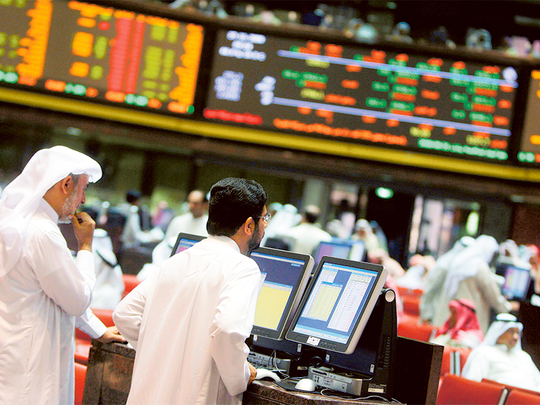
Dubai: The volatility in capital markets resulting from the COVID-19 pandemic and oil price shock could weaken the earnings and credit quality of some insurers in the GCC according to credit rating agency Standard & Poor’s.
“Most insurers we rate in the GCC region benefit from robust capital buffers and should be able to absorb COVID-19-related claims and capital market volatility,” said Emir Mujkic, S&P Global Ratings credit analyst.
“However, the significant fall in equity markets, widening bond spreads, and ongoing decline in real estate prices will damage earnings and capital buffers of insurers with material exposure to these asset classes.”
Lower oil prices are expected to have a negative impact on many regional sovereigns, including on their balance of payments, fiscal revenues, and GDP growth.
Although it is still too early to assess the full financial impact that COVID-19 will have on the insurance sector in the GCC, S&P said economies in the Gulf are also hit by a sharp decline in the oil price to near $25 a barrel in March, the lowest level in 17 years, from about $66 a barrel in early January.
Low premium growth
Weak economy and lack of face-to-face sales are expected to adversely impact gross written premiums (GWP) of GCC insurers.
“We now anticipate that gross written premiums (GWP) will decline in most GCC markets in 2020 because of a sharp drop expected in consumer spending and economic activity. It is likely that many business will remain closed or operate shorter hours, and government-sponsored infrastructure projects will probably be delayed until the spread of the virus is contained,” said Mujkic.
Insurers in the GCC generate the majority of their sales through branches, agents, and brokers. Therefore, many insurers are likely to see a slowdown in sales because government-imposed lockdowns and social distancing measures have restricted face-to-face interaction.
The costs from COVID-19 related claims for the region’s insurers are expected to be limited as most governments in the region are directly covering these with the exception of a few, the rating agency said.
Asset price volatility
The wild gyrations in the capital markets and deep fall in regional stock prices are expected to impact the earnings of regional insurers.
“We consider the ongoing volatility in capital markets to be the most likely cause of weakening credit conditions for insurers. The fall in equity markets, widening bond spreads, and ongoing decline in real estate prices will erode capital buffers,” said Mujkic.
Although a number of GCC insurers have made an effort to de-risk their asset portfolios away from equities and illiquid real estate investments toward cash deposits and highly rated bonds over the past few years, many insurers particularly in the UAE, Kuwait, and Qatar, still have relatively high exposure to high-risk assets (equities, real estate, and speculative-grade bonds).
The expected slowdown in premium collections, as many businesses try to delay their premium payments in an attempt to survive, could put further stress on liquidity, asset quality, and consequently on credit conditions for insurers over the coming months. “This could lead to some negative rating actions in 2020, particularly on insurers that have thin capital buffers,” said Mujkic.








